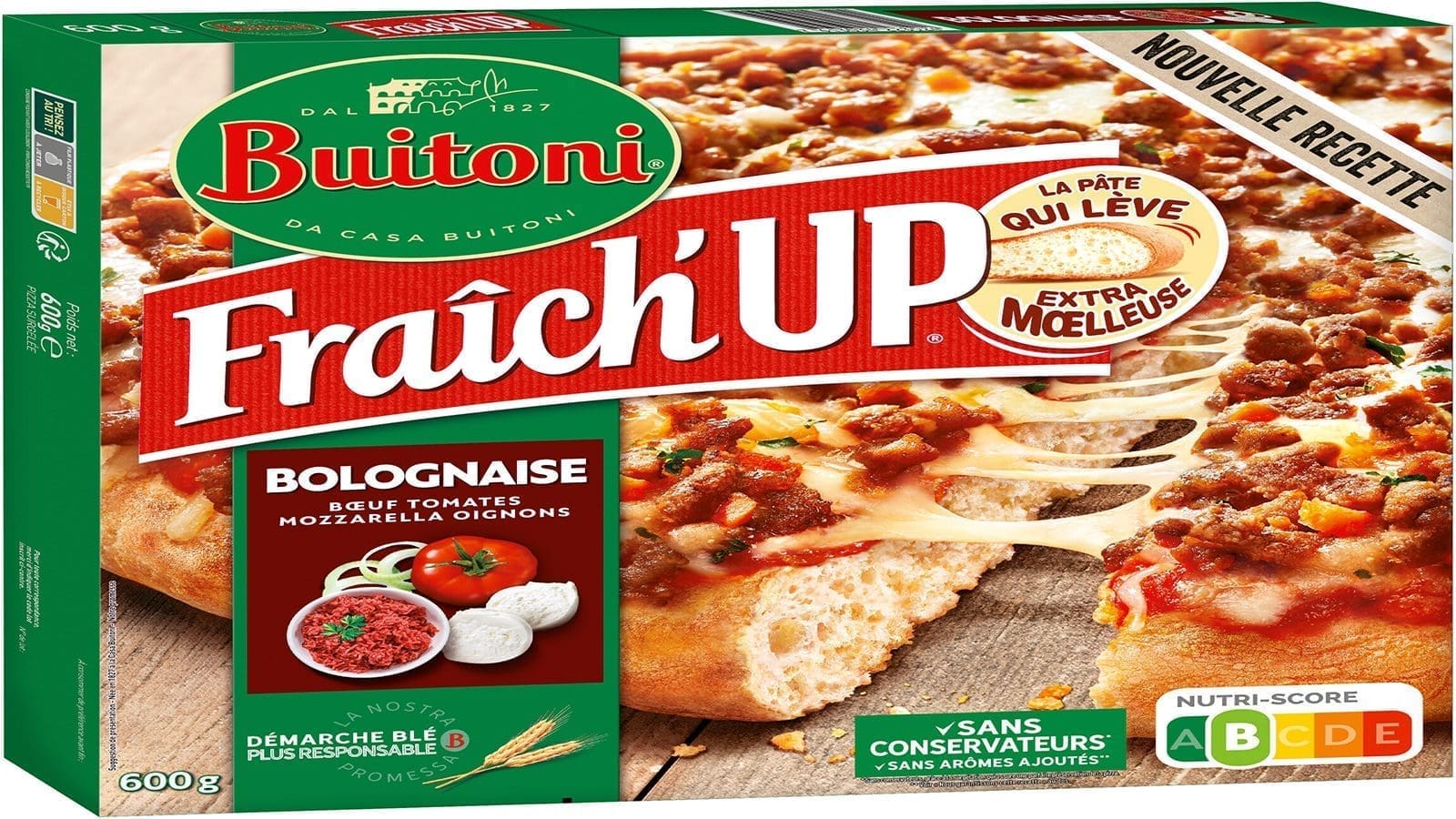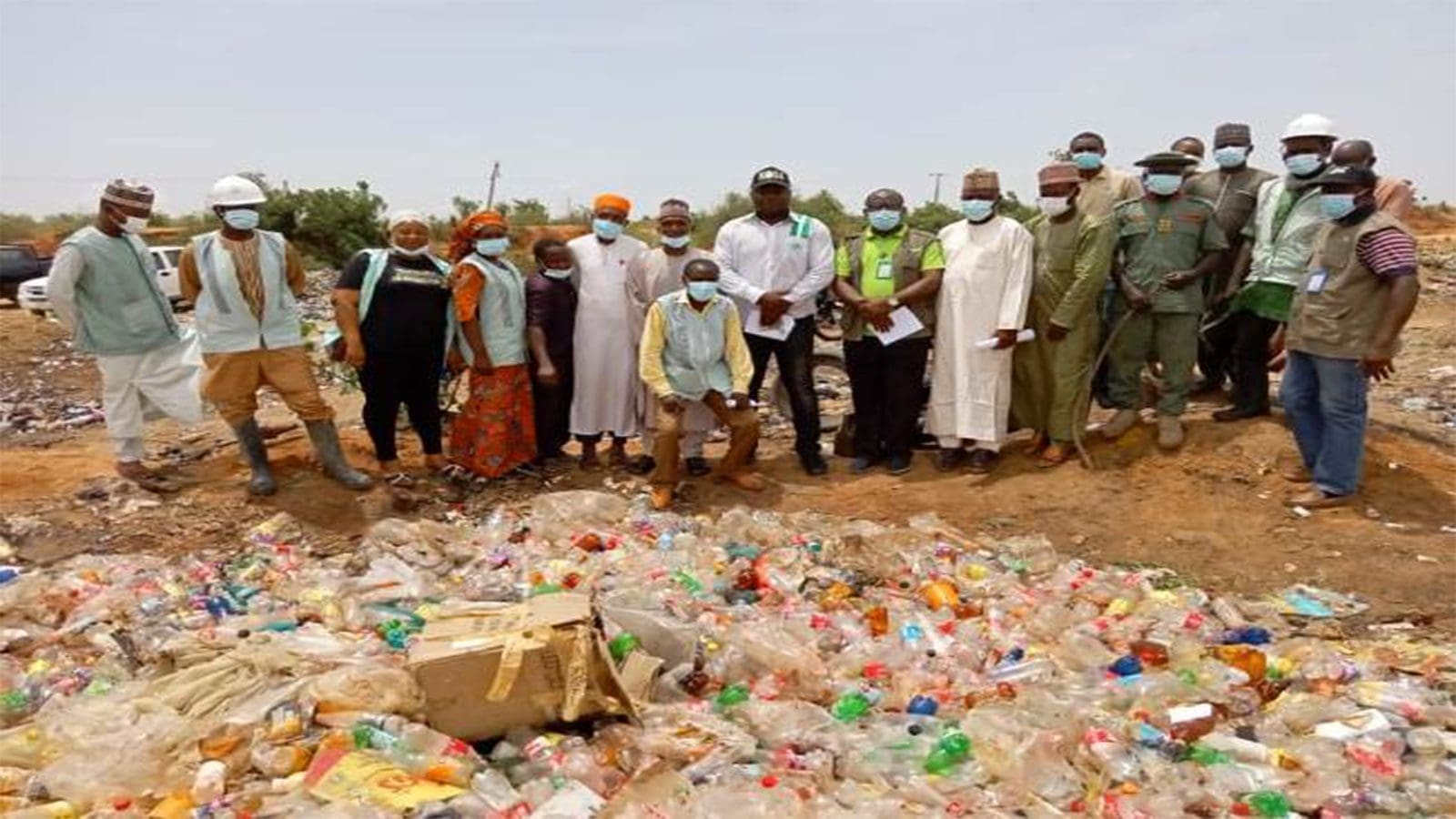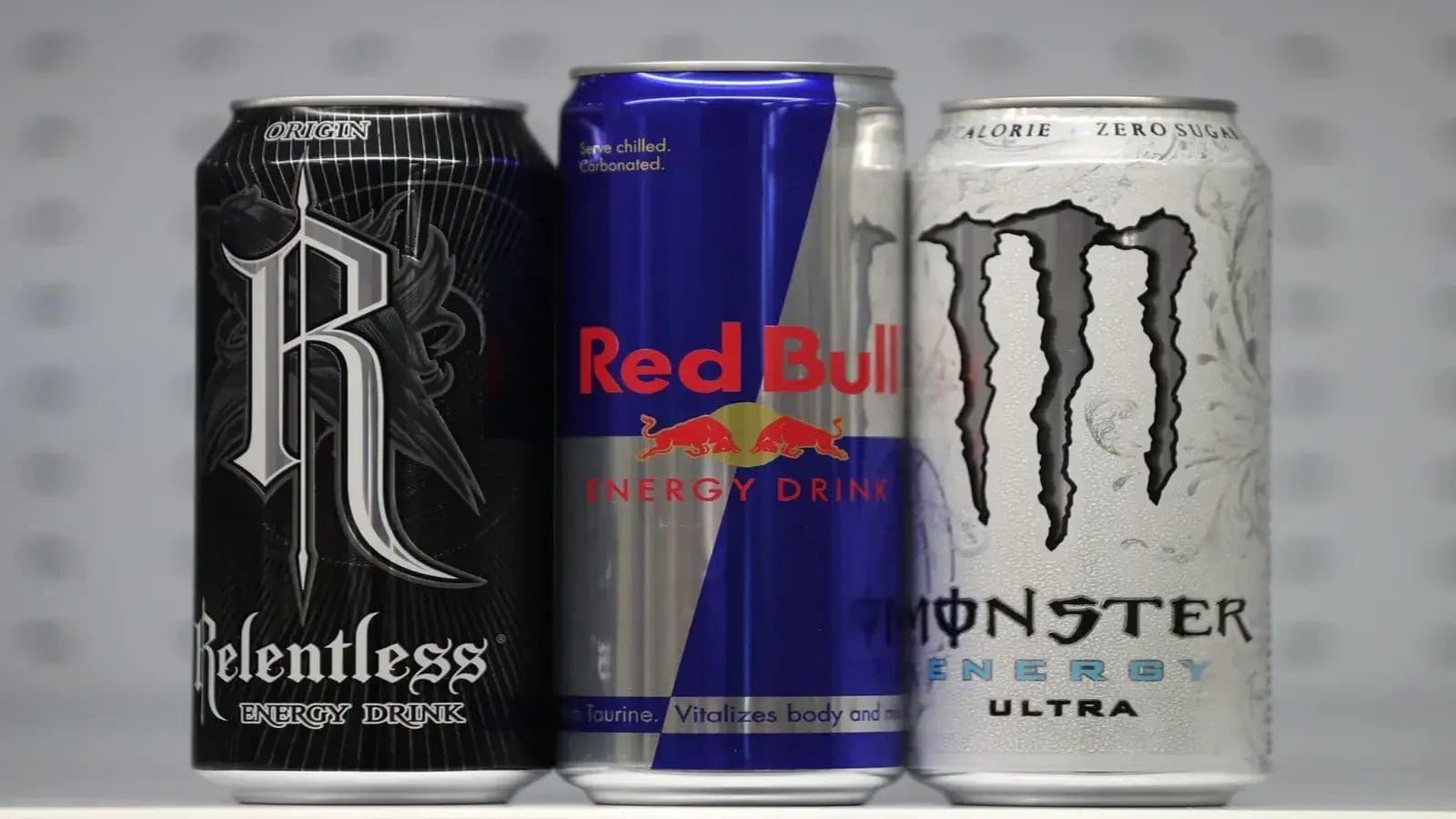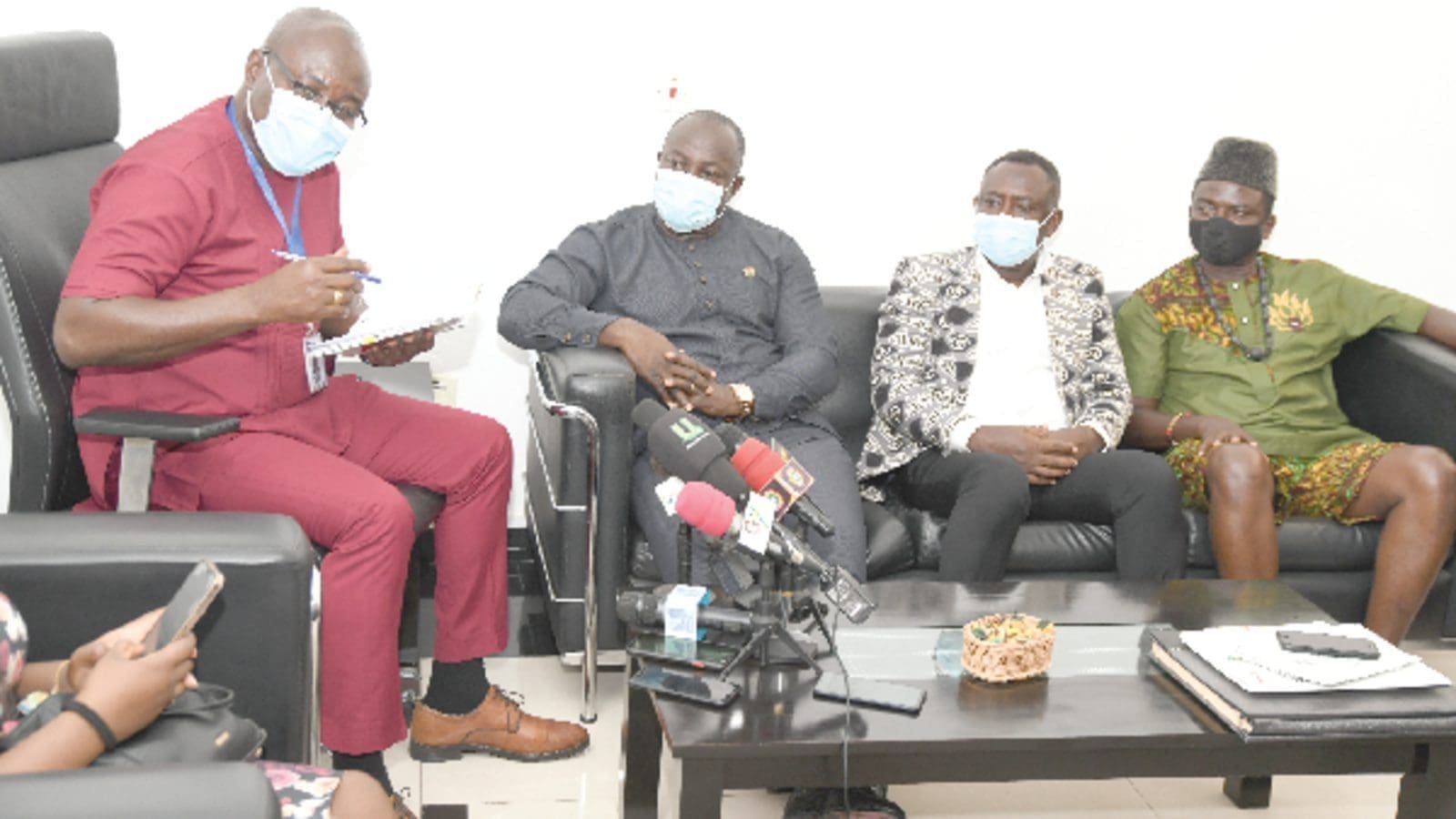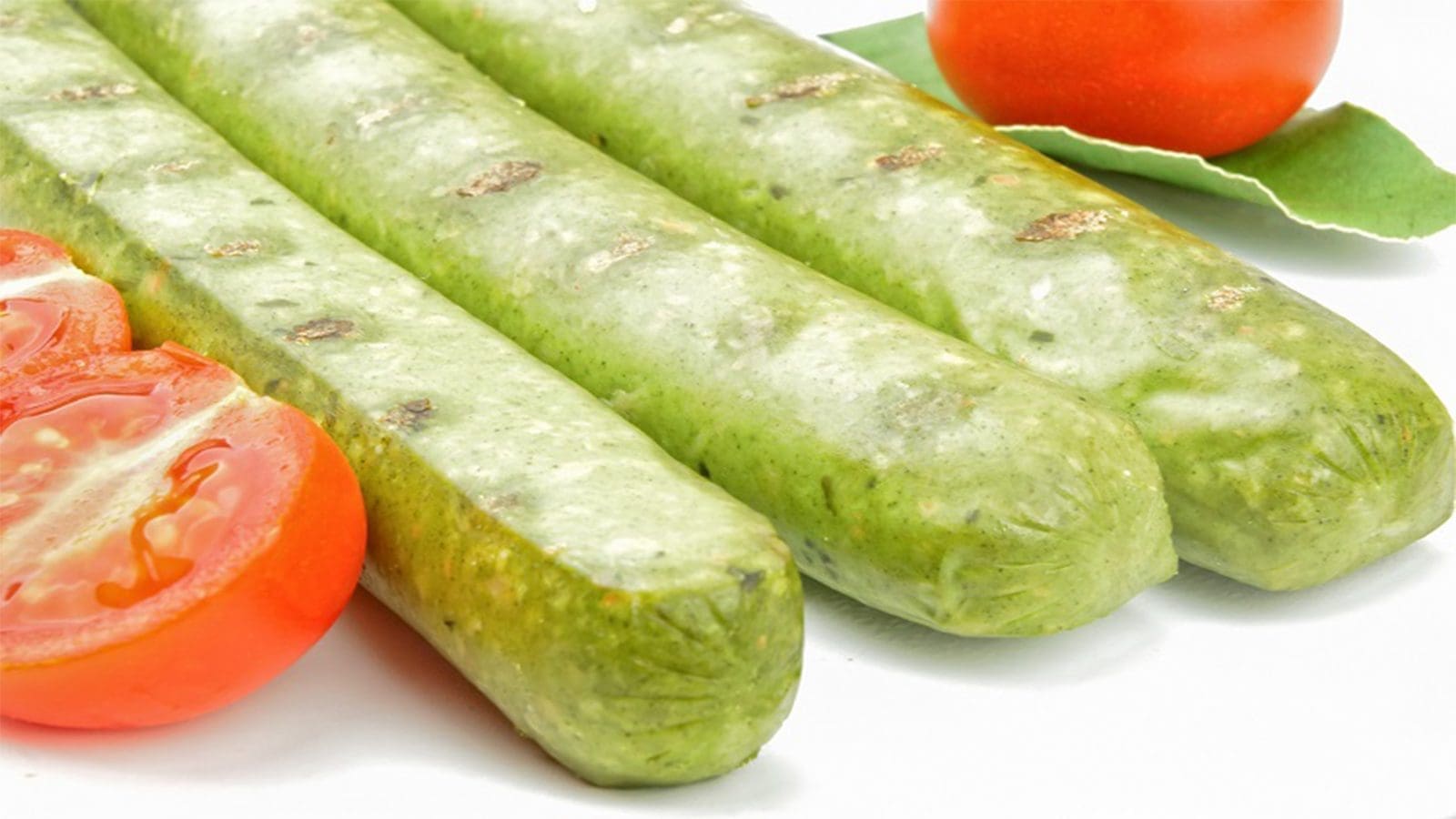FRANCE – Advocacy group, Foodwatch France has accused popular chocolate maker Ferrero and swiss giant Nestlé of employing an avoidance strategy to minimize their responsibilities over the recent food recalls.
Fraîch’Up pizza which was linked to E.coli infections led to the tragic death of two French children as dozens of others fell sick. Pizzas sold since June 2021 were withdrawn and recalled in mid-March 2022 after Nestlé was told about the presence of E. coli O26 in dough used to make them.
According to Le Canard enchaîné, the public authorities noted many serious anomalies in the cleaning and maintenance of premises and equipment in the Fraîch’Up pizza factory. They mention in particular the presence of rodents at the level of the bakery workshop.
This report confirmed the testimony of a whistleblower, who had sounded the alarm in May 2021 in the online media Mr. Mondialisation.
This former Nestlé factory employee described the presence of cigarette butts in the bins catching sauce, worms on pizza mats or mushrooms on the walls.
Faced with this testimony, Nestle’s CEO Mark Schneider downplayed the whirlwind of media speculation in France generated by pictures released by the whistleblower as old pictures from 2020.
“They’re not representative of the strict sanitary and quality standards at any Nestlé factory and they’re also not related to that current situation. They’re clearly taken out of context and we do regret any misleading impression that this has created,” he said.
However, Foodwatch remains skeptical implying that profits were put ahead of consumers’ health and safety.
French public health officials have so far confirmed 53 cases of Shiga toxin-producing E. coli (STEC) linked to Buitoni brand Fraîch’Up pizzas and are investigating another 26 infections.
Meanwhile, the advocacy group terms Ferrero’s minimization strategy as ‘quite chilling’. They pointed to the 12-day gap between the British authorities linking kinder products to the Salmonella outbreak in March and the extension of the recall in European markets like France.
The company first detected Salmonella at the Arlon facility on 15 December, nearly two full months before the outbreak was first identified by the UK’s Food Standards Agency (FSA).
In addition, the Ferrero production facility remained in operation until the beginning of April and was only closed down after the Belgium authorities failed to obtain necessary health and safety information from the factory.
The company’s spokesperson acknowledged some delay in its information flows.
“Ferrero acknowledges there were internal inefficiencies, creating delays in retrieving and sharing information in a timely manner. This impacted the speed and effectiveness of the investigations. The plant will only reopen once certified by the authorities,” the spokesperson said.
Ineffective self-checking system
Foodwatch has attributed the food safety scandals to the ineffectiveness of the self-checking system. The law imposes an obligation on companies in the agri-food industry to ensure the conformity of the products they market, and particularly their health safety: hygiene pack, risk management plan, self-checks.
“If an operator has reason to believe that a foodstuff may be harmful to human health, he is obliged to inform the competent authorities immediately,” states Foodwatch.
Taking the Ferrero timeline as a case-in-point, Ingrid Kragl, Information Director, Foodwatch France, commented that Ferrero only announced the suspension of its activities after the Belgian authorities ordered the closure of the incriminated factory.
“In fact, Belgium has been very clear: Ferrero has been unable to provide the necessary guarantees related to food safety, which is why absolutely all Kinder products from this factory are being recalled. Ferrero’s self-checks would have detected nothing for months and the brand was not aware? It’s hard to believe,” she said.
Foodwatch has launched a petition calling for increased transparency in food recalls. The group is imploring regulators to adopt more controls, transparency and penalties for safety lapses.
Liked this article? Subscribe to Food Safety Africa News, our regular email newsletters with the latest news insights from Africa and the World’s food safety, quality and compliance. SUBSCRIBE HERE


